Appliances are essential for our everyday comfort and convenience, but they also require regular care and maintenance to keep them running smoothly and efficiently. In this article, we will share some tips and tricks for extending the lifespan and performance of your appliances, such as your refrigerator, washer, dryer, oven, dishwasher, and more. By following these simple steps, you can save money on repairs, reduce energy consumption, and enjoy your appliances for many years.
Refrigerator
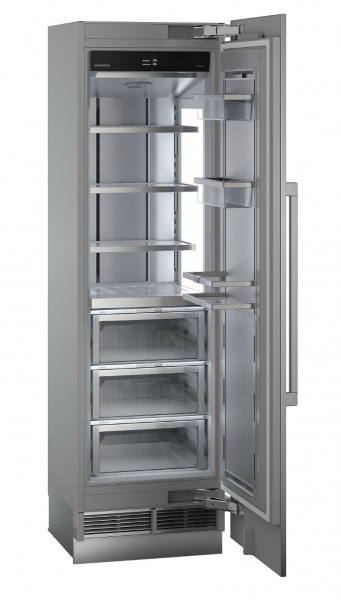
Your refrigerator is one of the most important appliances in your home, as it keeps your food fresh and safe. To extend its lifespan and performance, you should:
1. Clean the refrigerator coils at least twice a year. The coils are located either behind or under the fridge, and they help to dissipate heat from the compressor. If they are dirty or dusty, they can reduce the cooling efficiency and cause the compressor to overheat. To clean them, you can use a coil cleaning brush or a vacuum cleaner with a brush attachment.2. Replace the water filter every six months or as recommended by the manufacturer. The water filter removes impurities from the water that goes into your ice maker or water dispenser. If it is clogged or expired, it can affect the water quality and pressure. To replace it, you can follow the instructions in your owner’s manual or watch a video tutorial online.
3. Check the door seals regularly for cracks or gaps. The door seals are the rubber gaskets that seal the fridge door and prevent cold air from escaping. If they are damaged or worn out, they can cause the fridge to work harder and use more energy. To check them, you can close the door on a dollar bill and try to pull it out. If it slides out easily, you need to replace the seal.
Washer
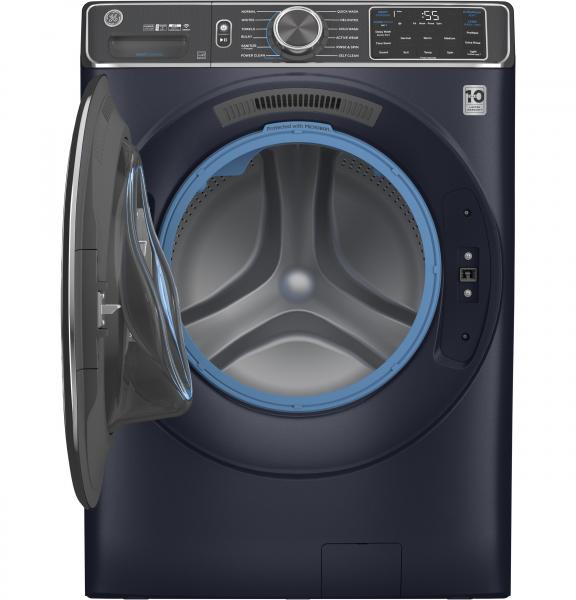
Your washer is another appliance that you use frequently, as it cleans your clothes and linens. To extend its lifespan and performance, you should:
1. Avoid overloading the washer. You may think you’re saving time, water or energy by cramming more clothes into your washer, but overloading can cause damage to the motors, belts, and other moving parts. It can also prevent your clothes from getting clean and rinsed properly. To avoid overloading, you should follow the load size recommendations in your owner’s manual or on the washer’s control panel.2. Use the right amount and type of detergent. Using too much or too little detergent can leave residue on your clothes and inside the washer drum. Using the wrong type of detergent can also damage your washer or void your warranty. For example, if you have a high-efficiency (HE) washer, you should use HE detergent that is specially formulated for low-water wash cycles. To use the right amount and type of detergent, you should read the labels on both the detergent bottle and the washer.
3. Clean the washer drum and dispenser regularly. Over time, dirt, soap scum, and bacteria can build up inside the washer drum and dispenser. This can cause odors, stains, and mold growth. To clean them, you can run a self-cleaning cycle with hot water and vinegar or bleach (depending on your washer model) once a month or as needed. You can also wipe down the drum and dispenser with a damp cloth after each use.
Dryer
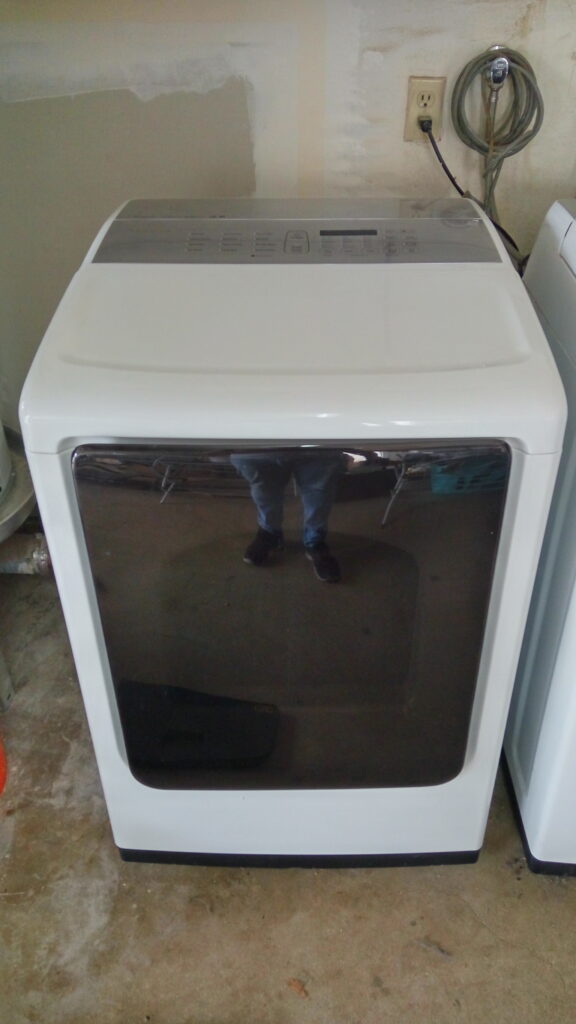
Your dryer is another appliance that you use frequently, as it dries your clothes and linens. To extend its lifespan and performance, you should:
1. Clean the lint filter after every load. The lint filter is a mesh screen that traps lint and other debris from your clothes as they dry. If it is clogged or dirty, it can reduce the airflow and make the dryer work harder and longer to dry your clothes. It can also pose a fire hazard if it ignites from overheating. To clean it, you can simply pull it out and remove the lint by hand or with a soft brush.
2. Check and clean the dryer vent annually. The dryer vent is a duct that carries hot air from the dryer to the outside of your home. If it is blocked or damaged, it can cause poor drying performance, increased energy consumption, and fire risk. To check and clean it, you can disconnect it from both ends and use a long brush or a vacuum cleaner to remove any lint or debris inside. You can also inspect it for any cracks or holes and replace it if needed.
3. Use dryer balls instead of fabric softener sheets. Fabric softener sheets can leave a waxy residue on your clothes and inside the dryer drum. This can reduce the absorbency of your fabrics and affect their texture. It can also clog up the lint filter and vent over time. To avoid these problems, you can use dryer balls instead of fabric softener sheets. Dryer balls are reusable balls made of wool or plastic that help to fluff up your clothes and reduce static and wrinkles. They can also shorten the drying time and save energy.
Oven
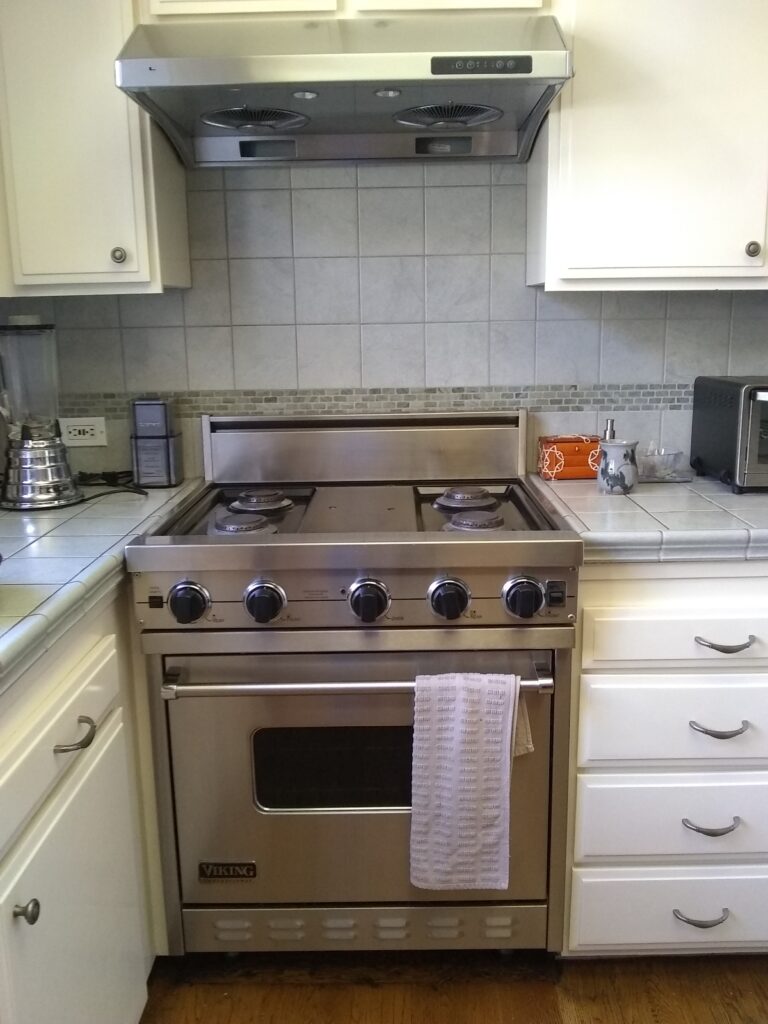
Your oven is another appliance that you use frequently, as it cooks your food and bakes your treats. To extend its lifespan and performance, you should:
1. Recalibrate the oven temperature setting if needed. If the temperature in your oven seems off, or if your new oven just doesn’t heat like your old one, you can recalibrate the temperature setting to match the actual temperature inside the oven. This can help you cook your food more evenly and accurately. To recalibrate the temperature setting, you can use the instructions in your owner’s manual or go online and search for a downloadable version using your oven’s model number. You can also use a good-quality oven thermometer to measure the temperature inside the oven.2. Clean the oven regularly. Spills, splatters, and grease can accumulate inside the oven over time. This can cause smoke, odors, and fire hazards. It can also affect the temperature accuracy and cooking performance of the oven. To clean the oven, you can use the self-cleaning feature if your oven has one, or you can use a commercial oven cleaner or a natural solution of baking soda and vinegar. You should also wipe down the oven door and racks with a damp cloth or sponge.
3. Check the door seals and hinges for wear and tear. The door seals and hinges are the parts that keep the oven door closed and prevent heat from escaping. If they are loose, broken, or misaligned, they can cause heat loss and uneven baking. They can also waste energy and increase your utility bills. To check them, you can visually inspect them for any damage or gaps. You can also test them by placing a sheet of paper between the door and the oven frame and closing the door. If you can pull out the paper easily, you need to replace the seals or hinges.
Dishwasher
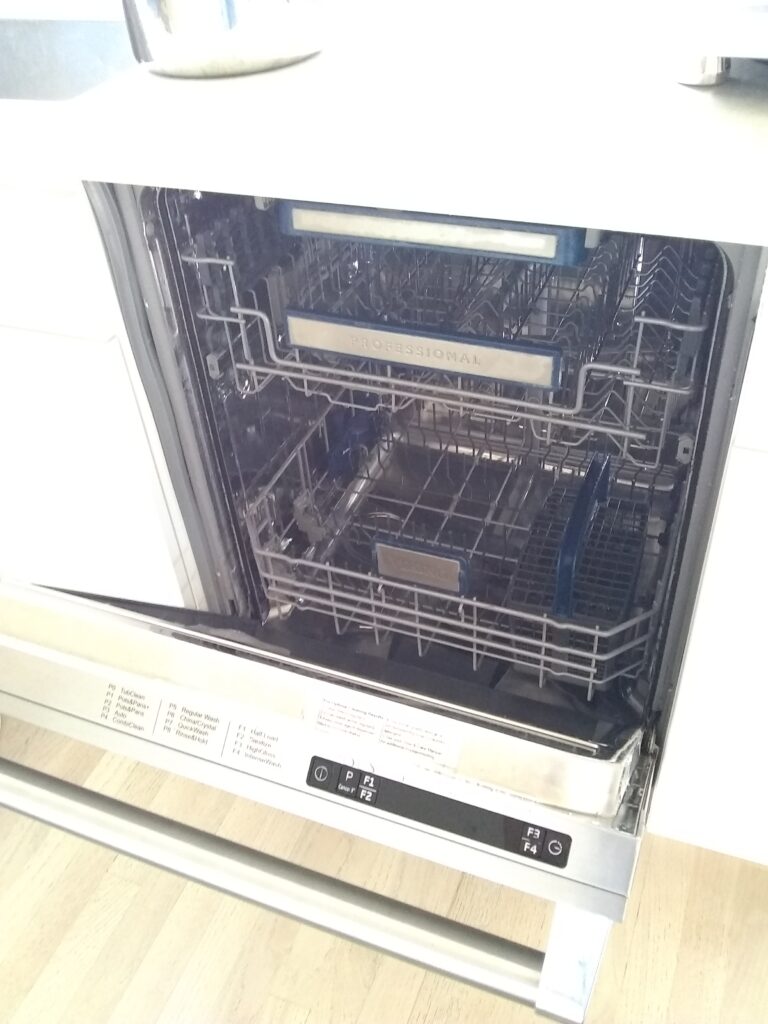
Your dishwasher is another appliance that you use frequently, as it cleans your dishes and utensils. To extend its lifespan and performance, you should:
1. Scrape off food particles before loading the dishwasher. While modern dishwashers are designed to handle some food residue, they are not garbage disposals. If you load your dishwasher with too much food particles, they can clog up the filter, spray arms, and drain hose. This can reduce the water pressure and cleaning performance of the dishwasher. It can also cause odors, mold growth, and drain problems. To prevent this, you should scrape off any large or hard food particles from your dishes before loading them into the dishwasher.2. Run hot water in the sink before starting the dishwasher. Dishwashers need hot water to dissolve the detergent and sanitize the dishes. However, if you start the dishwasher right after turning on the faucet, it may not get enough hot water at first. This can result in poor cleaning results and detergent residue on your dishes. To avoid this, you should run hot water in the sink for a few seconds before starting the dishwasher. This will ensure that hot water reaches the dishwasher right away.
3. Clean the dishwasher filter and spray arms regularly. The dishwasher filter is a device that traps food particles and debris from the wash water. The spray arms are the rotating nozzles that spray water onto the dishes. If they are dirty or clogged, they can affect the water flow and cleaning performance of the dishwasher. To clean them, you can remove them from the dishwasher and rinse them under running water. You can also use a toothpick or a soft brush to remove any stubborn dirt or debris.
These are some of the tips and tricks for extending the lifespan and performance of your appliances. By following these simple steps, you can keep your appliances in good shape and avoid costly repairs or replacements. However, if you encounter any problems with your appliances that you cannot fix yourself, you should contact a professional appliance repair company like Appliance Repair Reno Nevada. We are a licensed, insured, and certified appliance repair company that offers fast, reliable, and affordable service for all major brands and models of appliances. We also offer same-day service, 24/7 emergency service, free estimates, and 100% satisfaction guarantee. Contact us today and let us take care of all your appliance needs!

